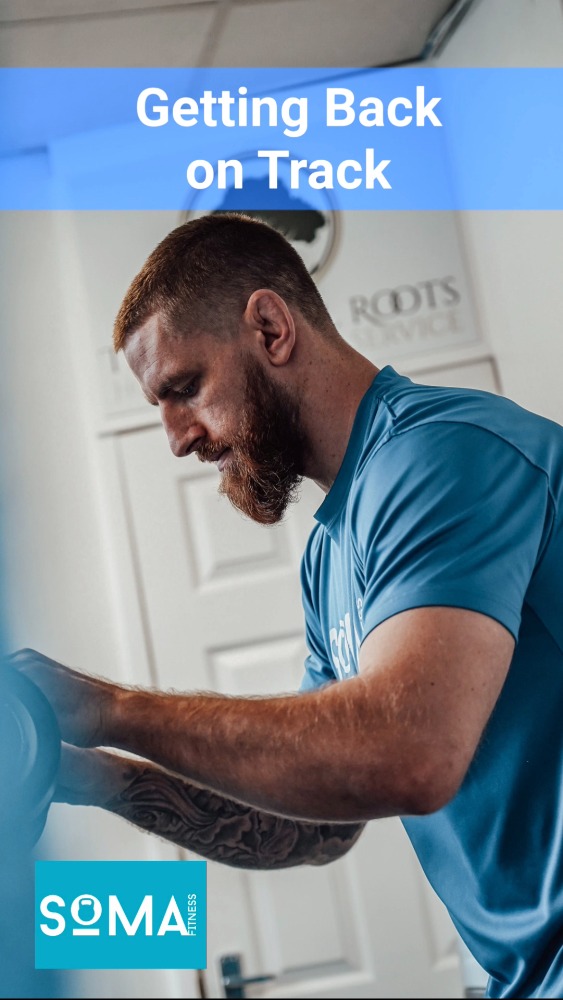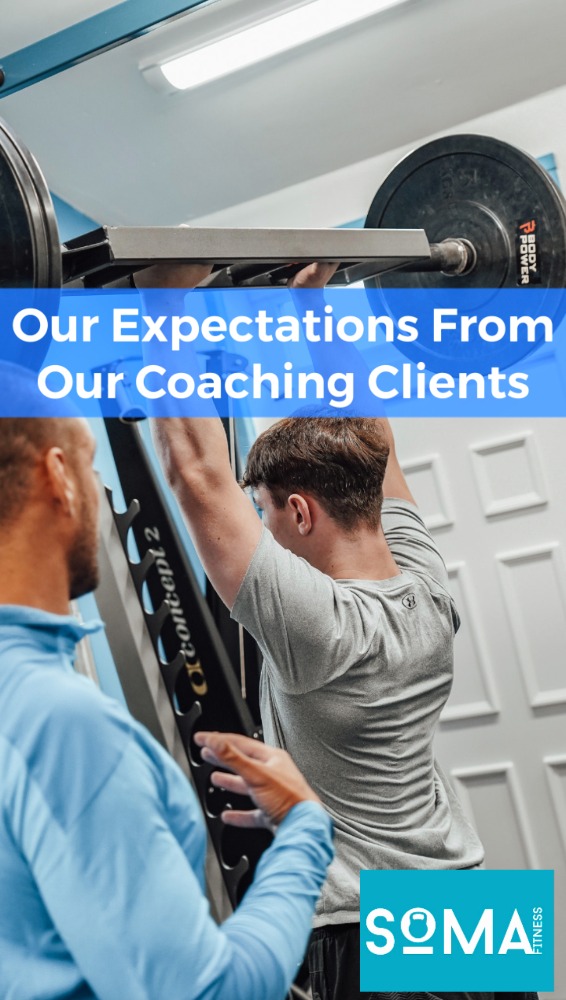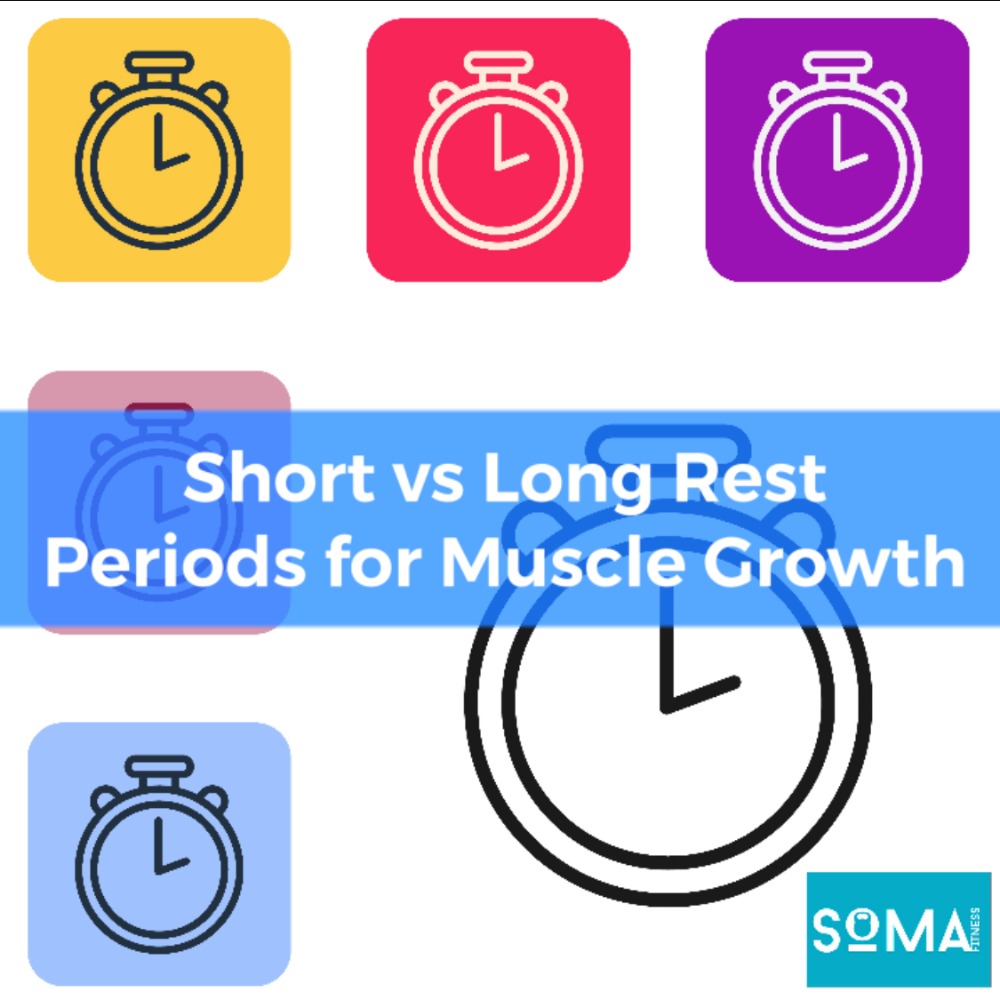Unlock Your Summer Body
As the days grow longer and the weather starts to improve, it’s time to shed those winter layers and prepare for the summer season so that you can be confident exposing your body. At Soma Fitness, we understand the desire to sculpt your body and feel your best for the upcoming holidays. Our holistic approach combines scientific principles with professional guidance to help you achieve your summer body goals effectively and sustainably.
Nutrition: The Cornerstone of Your Transformation
To kickstart your journey to a summer-ready physique, it’s essential to address your nutritional intake. Scientific studies consistently show that maintaining a moderate calorie deficit is crucial for weight loss [1]. At Soma Fitness, we advocate for a balanced approach, emphasising the importance of consuming adequate protein. Research suggests that protein intake between 1.8-2.0 grams per kilogram of body weight supports muscle growth and aids in appetite regulation [2].
- Finding: This study looked at how our body manages energy and found that consuming fewer calories than we burn is essential for fat loss.
- Explanation: Imagine your body as a bank account. If you withdraw more money (calories) than you deposit (consume), you’ll lose weight over time. This means being mindful of portion sizes and choosing nutrient-dense foods to support your weight loss goals. Tracking your intake is the best way to manage this.
- Finding: Researchers found that consuming enough protein, around 1.8-2.0 grams per kilogram of body weight, helps with muscle growth and keeps you feeling full longer, making it easier to stick to your calorie goals.
- Explanation: Protein is like the building blocks for your muscles. By including sources like lean meats, fish, eggs, and some plant-based proteins in your meals, you’re giving your body what it needs to repair and grow muscles, helping you achieve that toned look you’re after. Prioritise protein and hit your daily protein targets.
Resistance Training: The Key to Changing your Body Shape
While cardiovascular exercise is beneficial for overall health and longevity, resistance training holds the key to transforming your body composition. Contrary to common misconceptions, lifting weights won’t make you bulky – instead, it’s the secret to achieving a sculpted physique for both men and women [3]. Our personal trainers specialise in designing resistance training programs tailored to your goals, ensuring optimal muscle development. Our personal trainers will coach you to perform each exercise with correctly with the right intent with quality reps insuring that you get the most bank for your buck from eat set that you perform.
- Finding: Contrary to common beliefs, lifting weights won’t make you bulky. Instead, it helps shape your body by increasing lean muscle mass, which gives you a toned appearance.
- Explanation: Think of resistance training as sculpting clay. It helps define and shape your muscles, giving you that firm and athletic look. Plus, it boosts your metabolism, helping you burn more calories even at rest.
Optimising Sleep: The Unsung Hero of Fat Loss
In the pursuit of a summer body, don’t underestimate the power of quality sleep. Scientific evidence highlights the critical role of sleep in recovery, repair, and performance [4]. At Soma Fitness, we prioritise sleep optimisation strategies, including establishing consistent sleep routines and creating a conducive sleep environment. By prioritising restorative sleep, you’ll enhance your body’s ability to adapt to your training program and maximise results.
- Finding: Quality sleep is crucial for your body to recover from exercise, repair tissues, and perform at its best.
- Explanation: Sleep is like charging your phone. It rejuvenates your body and mind, so you wake up feeling refreshed and ready to tackle the day. By prioritising sleep, you’re giving your body the time it needs to repair and grow stronger after workouts. It has also been shown that sleep deprivation can increase cravings which will hinder your progress.
Increasing Your Steps
As daylight extends, seize the opportunity to increase your daily step count and increase your vitamin D absorption. Research suggests that increasing physical activity, such as walking, contributes to overall calorie expenditure and vitamin D synthesis [5]. Get outdoors and boost your step count to support your summer body goals while enjoying the benefits of fresh air and sunlight.
- Finding: Adding more movement to your day, such as walking, not only burns extra calories but also boosts your vitamin D levels.
- Explanation: Walking is an easy and enjoyable way to stay active. It gets your blood flowing, helps clear your mind, and exposes you to sunlight, which is essential for vitamin D production. Aim for a daily stroll to support your fitness goals and soak in some sunshine. If you need small bouts consider a morning and evening walk, this will also help with your circadian rhythm and improve your sleep quality.
The journey to transform your body for summer requires a multifaceted approach supported by professional guidance. At Soma Fitness, we’re committed to helping you unlock your full potential and achieve the summer body you’ve always desired. Trust in our expertise, stay consistent, and let us guide you every step of the way.
Book a consultation with our personal training experts today, and let’s make this summer your best one yet!
References:
- Hall, K. D., Heymsfield, S. B., Kemnitz, J. W., Klein, S., Schoeller, D. A., & Speakman, J. R. (2012). Energy balance and its components: implications for body weight regulation. The American journal of clinical nutrition, 95(4), 989-994.
- Phillips, S. M., & Van Loon, L. J. (2011). Dietary protein for athletes: from requirements to optimum adaptation. Journal of sports sciences, 29(sup1), S29-S38.
- Schoenfeld, B. J., Peterson, M. D., Ogborn, D., Contreras, B., & Sonmez, G. T. (2015). Effects of low- vs. high-load resistance training on muscle strength and hypertrophy in well-trained men. The Journal of Strength & Conditioning Research, 29(10), 2954-2963.
- Fullagar, H. H., Skorski, S., Duffield, R., Hammes, D., Coutts, A. J., & Meyer, T. (2015). Sleep and athletic performance: the effects of sleep loss on exercise performance, and physiological and cognitive responses to exercise. Sports medicine, 45(2), 161-186.
- Dwyer, T., Ponsonby, A. L., Ukoumunne, O. C., Pezic, A., Venn, A., Dunstan, D., … & Jones, G. (2015). Association of change in daily step count over five years with insulin sensitivity and adiposity: population based cohort study. bmj, 351, h4188.










Recent Comments